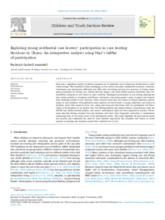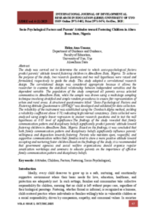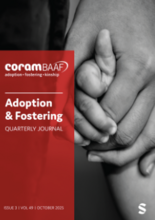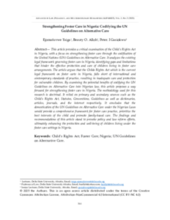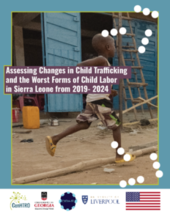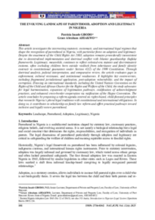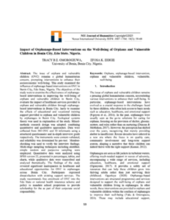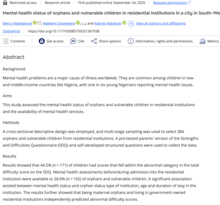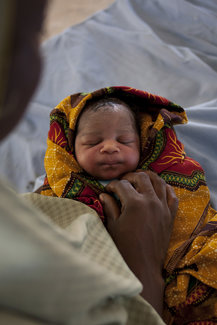

Displaying 1 - 10 of 629
This qualitative study examines how young care leavers in Ghana are involved in decisions about their transition from residential care, revealing that despite national and international policy commitments, their participatory rights are often neglected. Findings show that care leavers frequently feel excluded or manipulated in key decisions, highlighting the need for more inclusive, rights-based approaches that recognize them as active partners in planning their post-care futures.
This study examines how socio-psychological factors influence parents’ attitudes toward fostering children in Akwa Ibom State, Nigeria, using a correlational design and survey data from parents in urban and rural communities. Findings show that family communication patterns and disciplinary beliefs significantly predict positive attitudes toward fostering, highlighting the need for sensitization and education initiatives led by government and social welfare organizations.
This study explores the informal foster care practices of the Igbo ethnic group in South-East Nigeria, revealing both its cultural value in providing family-based care and the challenges it faces. Findings highlight the lack of regulation, data, and support services, underscoring the need for greater involvement of government agencies and social workers to ensure children’s safety and well-being.
In the piece, the Association of Orphanages and Homes Operators of Nigeria (ASOHON) Southern Nigeria chapter calls for stronger collaboration between orphanage operators, government agencies and other stakeholders to build a more inclusive, family
This article provides a critical examination of the Child's Rights Act in Nigeria, with a focus on strengthening foster care through the codification of the United Nations (UN) Guidelines on Alternative Care. It analyzes the existing legal framework governing foster care in Nigeria, identifying gaps and limitations that hinder the effective protection and care of children living in foster care arrangements.
This endline report reviews changes in child trafficking and child labor across four districts in Sierra Leone between 2019 and 2024, drawing on both quantitative and qualitative data. It summarizes major findings, outlines key recommendations, and provides an overview of the study’s methodology and program phases from baseline to endline.
This article analyzes how Nigeria’s statutory, customary, and international laws intersect to shape adoption and legitimacy, revealing inconsistencies, cultural resistance, and systemic weaknesses that undermine children’s rights. It calls for legal harmonization and reforms grounded in child-centered and rights-based principles to create a more inclusive and secure framework for recognizing parenthood.
This study examined the impact of orphanage-based interventions on orphans and vulnerable children (OVC) in Benin City, Nigeria, focusing on healthcare, education, and vocational support. Findings revealed significant inadequacies in these services, with participants expressing dissatisfaction, and the study recommends free health insurance enrollment and mandatory school scholarships to improve OVC well-being.
This study assessed the mental health of children in 12 Nigerian residential institutions and found that many had abnormal scores on the Strengths and Difficulties Questionnaire, with risks linked to orphan status, type of institution, and length of stay. The findings highlight the urgent need for routine mental health assessments and better care for children in residential settings.
This article explores how the Association of Orphanages and Homes Operators in Nigeria (ASOHON) is urging both federal and state governments to prioritize budgeting for vulnerable children, emphasizing the importance of shifting from institutional care to family-based foster care.

